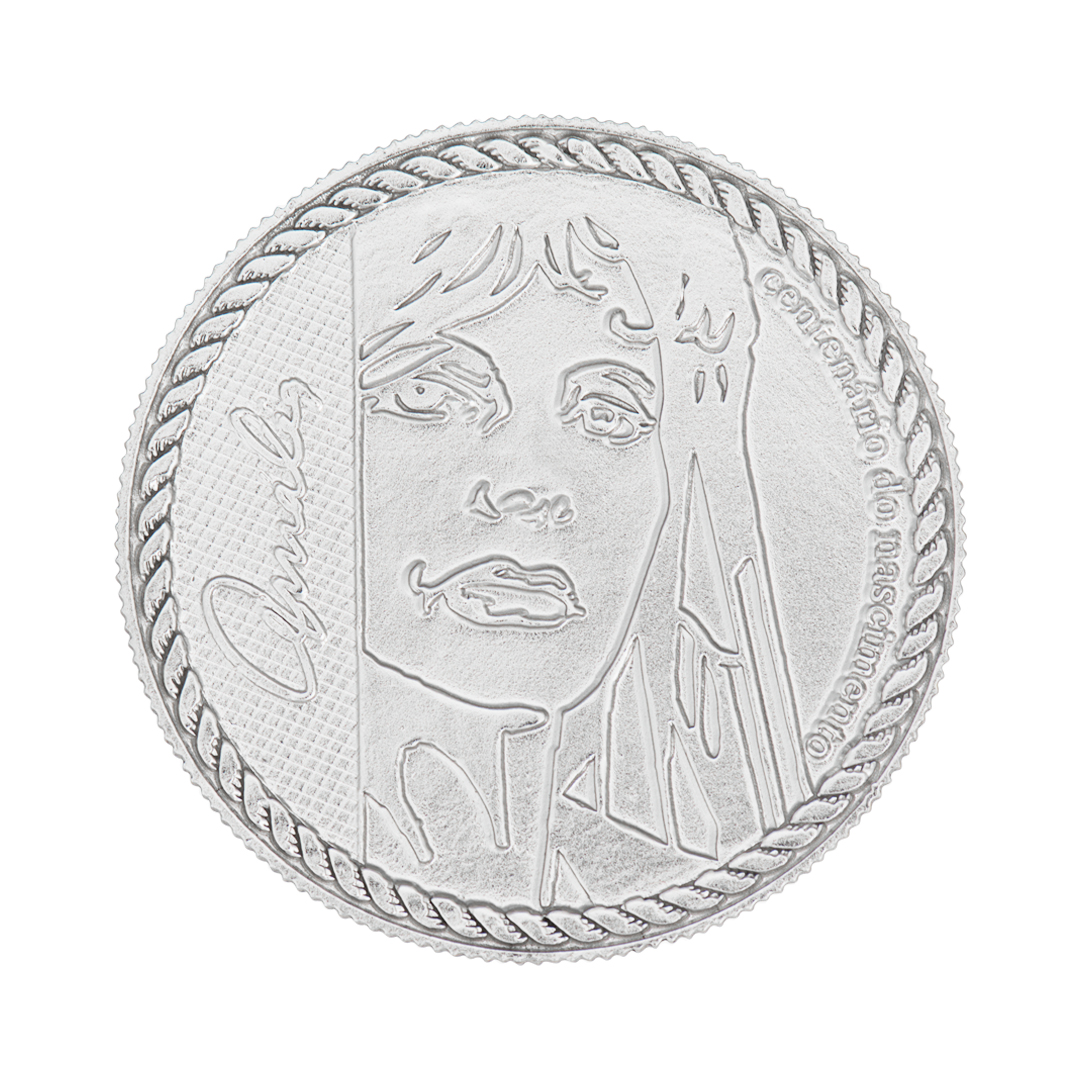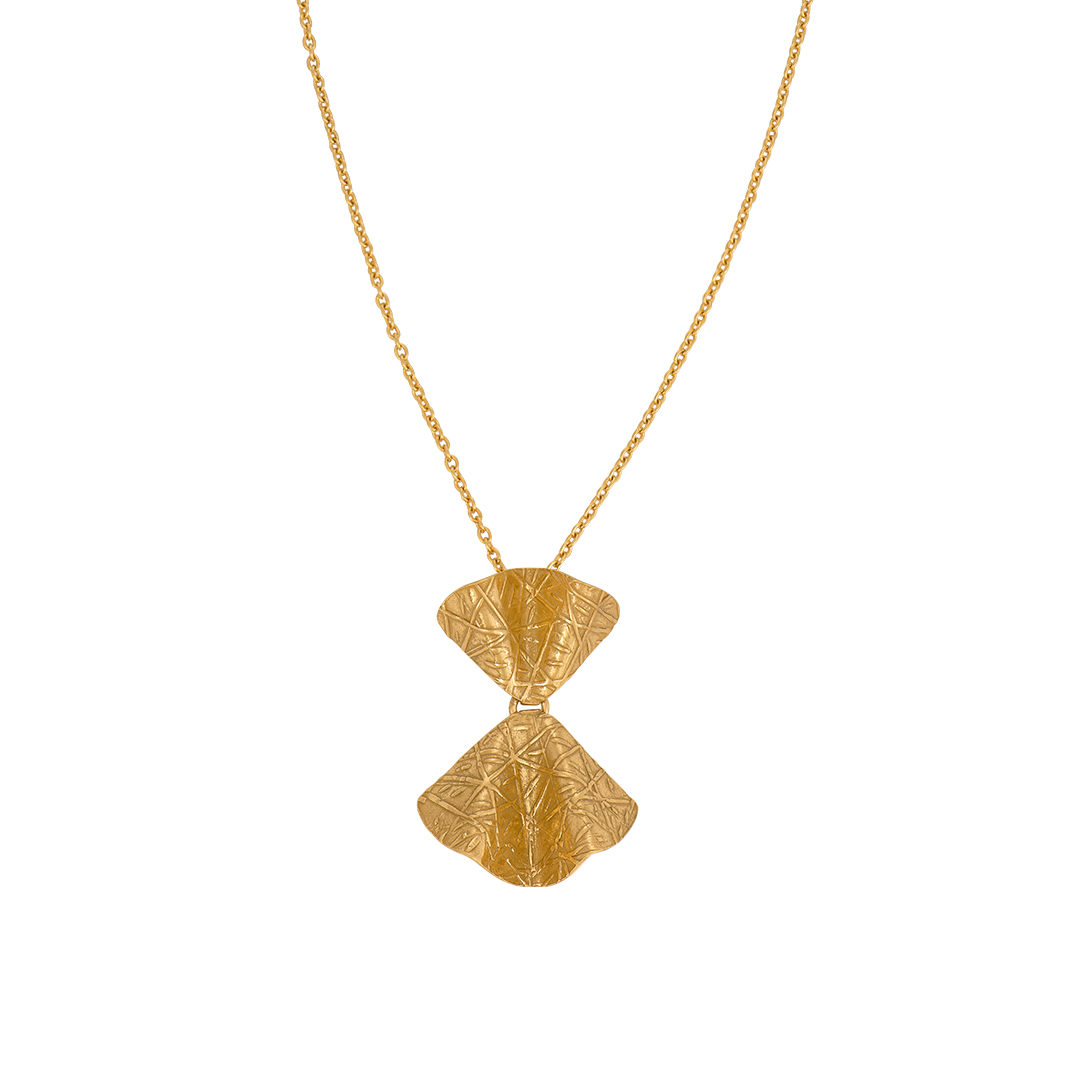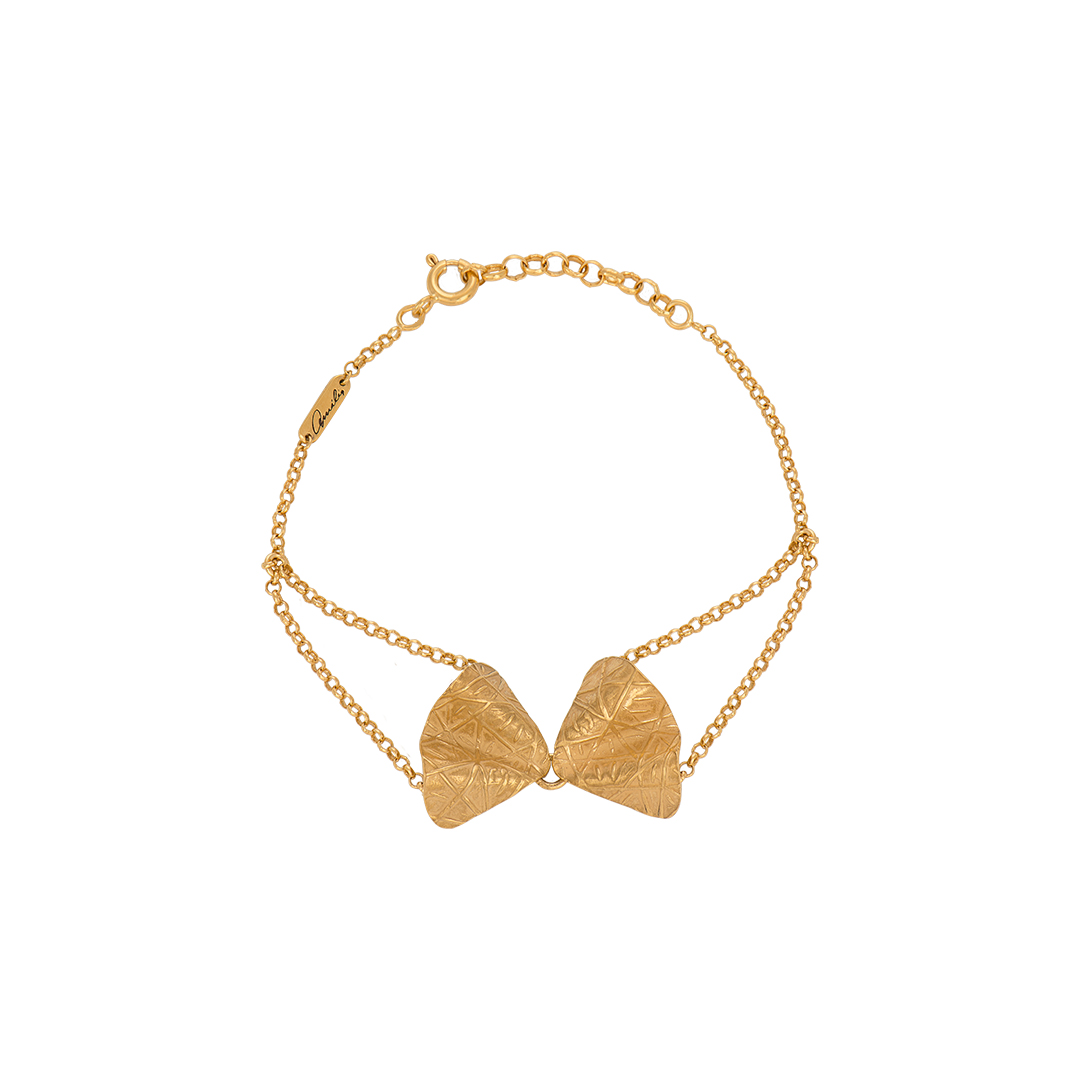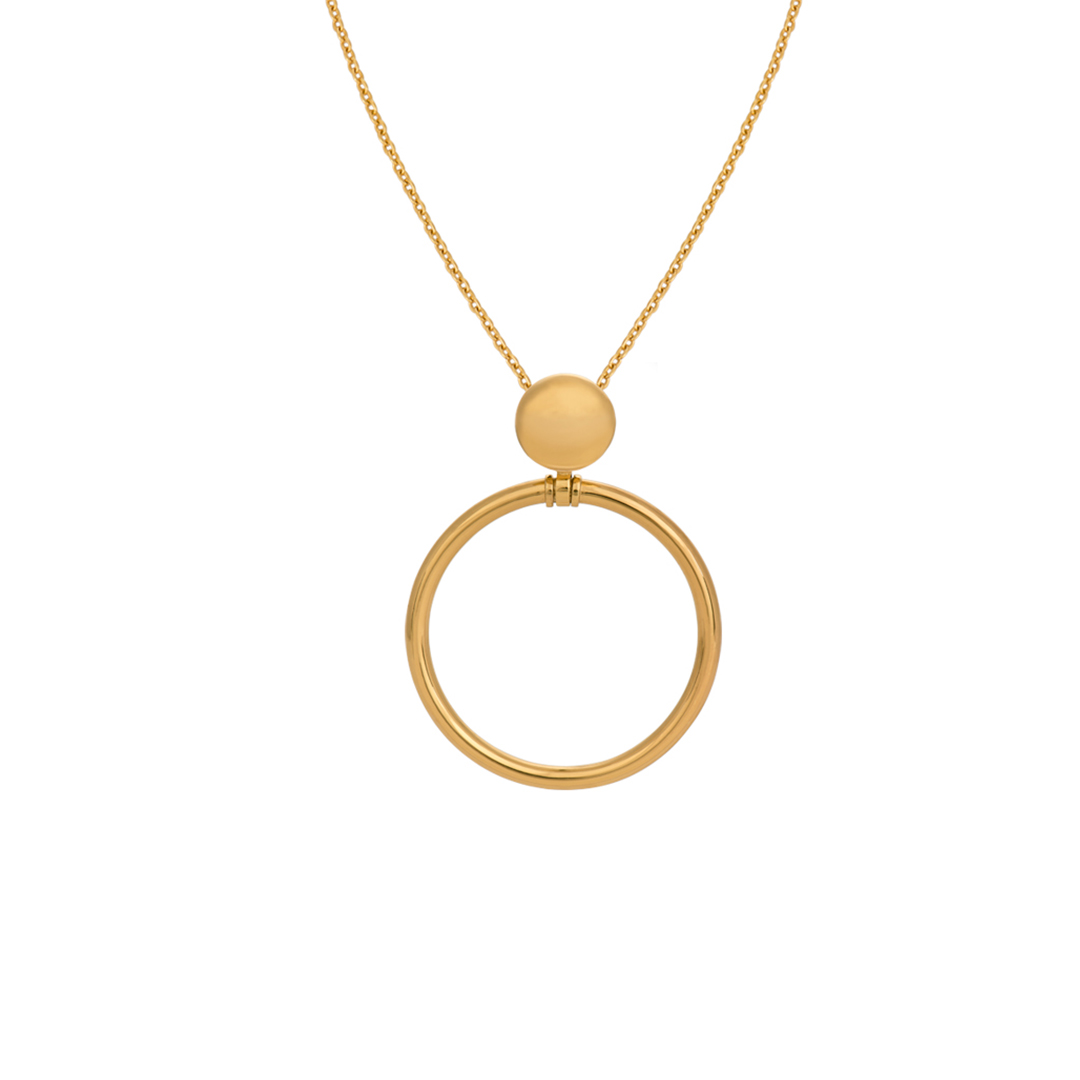Description
925 Silver Centenary Medallion.
The face of Amália is reproduced, in detail, in the face of the commemorative medallion. A poetic reproduction, cutted with the mastery of ornamentation, with contours that exalt her unique and beautiful voice. The rope of the border refers to the caravels, that gave new knowlages to the world, compared to her personality that became a global phenomenon. All without forgetting “the infinite rythms of the sea” and her love for Lisbon.
On the reverse, the wealth of Fado is displayed in all its splendor, mastering the geometry of a drawing rich in symbologies. The center is surrounded by the sentence “trago o fado nos sentidos”, that means “I bring the fado in my senses”. The lamps are inspired from the neighborhood of Lisbon, in an allusion to the Retiro da Severa, the most prestigious Fado house in Lisbon, where in 1939, Amalia Rodrigues makes her debut as a professional fado singer, under the name of Amália Rebordão. She performed with an affirmative capacity that diverged from the current standards, starting from there to the most prestigious venues of the world.

The quote uttered by the maternal grandmother – <<You were born with the cherries>> -, to whom she was taken care from and would nickname her “alfacinha”. The real birth that was not checked by the family that led Amália to celebrate her birthday on 1st of July until years later it was verified that she was born at 23rd of July of 1920.

With the young french songwriter, Alain Oulman, born in Portugal (1928-1990), Amália rose and her career took a decisive turn. The interpreter of the eternal “Ai, Mouraria” was the tree of the national lyric and in a gesture of audacity that would brake all tradiontal fado steriotypes, the fado singer took the lyrics of great poem writers, poems that would be adapted by Oulman and amplified in her voice and cause some disagreement towards Amalia.
However, the LP “Busto” (1962) and the controversial EP “Amália Canta Luís de Camões”, the LP “Com que Voz” (1970), marking the reencounter with Camões.

«Oh, malmequer mentiroso!/ Quem te ensinou a mentir?/ Tu dizes que me quer bem/ Quem de mim anda a fugir», tells the lyric of her emblematic fado song. One of her favourite flowers was also perpetuated in one of her jewellery, that the diva called “My Marigold”. This was one of piece of jewellery that followed the fado singer out of stage. Symbol of a independent and funny woman lived life with intensity and passion, underlining that “what matters is to feel fado, fado cannot be sanged, it happens, it’s felt, not explained”.

Amalia possessed a refined taste, intuition and a enormous sensibility that influenced her choices. She chose lyrics, that through her rhythm and her expression better adapted to her voice and fado. She chose the lyrics, she wrote them with her feather, and sang what felt in a total coherence between life and the masterpiece. Amalia always made everything naturaly and unpretentious, like only great interpreters.

Amália Rodrigues, a woman of the people that revolutionized the fado, and knew how to rise above her condition. The way that she identified herself with feelings, emotions and characteristics of the people, raised her to the condition of symbol and cultural value at a universal scale. Her divine voice, of sublime beauty associated with the prodigious ability to interpret poems, gave her legacy one unprecedented and eternal singularity.
She also left her mark in theater, operetas, and in cinema in the decade of 40 and 50, with the movies “Capas Negras” e “Fado – História de uma Cantadeira” based on the life of the Diva.
Vinyl Cover of "Amália Fado" 1982







